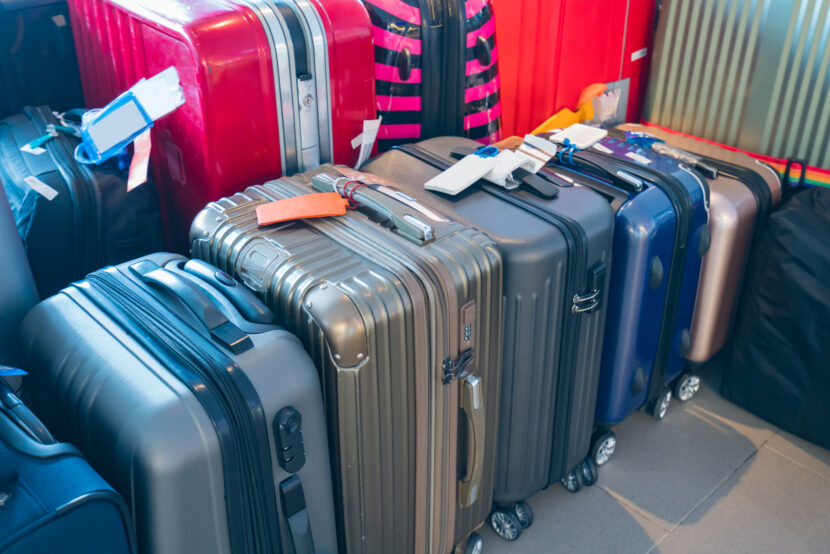NAIROBI — The International Air Transport Association (IATA) has launched a Global Baggage Roadmap aimed at transforming baggage handling over the next decade.
Developed in collaboration with airlines, airports and industry partners, the plan is designed to boost operational efficiency and enhance the passenger experience.
“Baggage is important for travellers. When they check a bag, they expect it to arrive on time. And if it doesn’t, they want to know where it is,” said Monika Mejstrikova, IATA’s Director of Ground Operations. “That is confirmed by recent IATA polling showing 81% of travellers want better tracking, 74% expect real-time updates on their mobile phones and 67% are willing to switch to electronic bag tags. The Global Baggage Roadmap will move us closer to the automated digital baggage services that travellers want.”
The roadmap centres on three key pillars:
- Baggage Information Exchange and Data Standardization: This pillar aims to replace legacy systems like teletype with modern API-driven messaging standards. For travellers, the change is expected to improve baggage reconciliation speed, reduce delays caused by data errors, and enhance service recovery when problems occur. For airlines, it could significantly reduce the industry’s annual US$1 billion expenditure on teletype messaging.
- Baggage Tracking and Automation: By leveraging tools such as GPS tracking, electronic bag tags, and robotics, this element will improve visibility across the baggage journey. Passengers will be able to track their luggage in real time, making transfers and arrivals more seamless.
- Streamlined Baggage Claim and Fraud Prevention: Enhancements to the baggage claim process will help airlines respond to passenger claims more quickly and effectively, while introducing better protections against baggage-related fraud.
“This Roadmap will consolidate the progress of previous initiatives to modernize baggage processes and take a holistic view of where we need to be in 10 years. With the buy-in of all stakeholders we are better placed than ever to improve traveller satisfaction by delivering the digital, automated, and customer-focused service that they get in many other sectors,” added Mejstrikova.
IATA plans to work closely with stakeholders to develop the Roadmap’s implementation, provide training and monitor progress.


